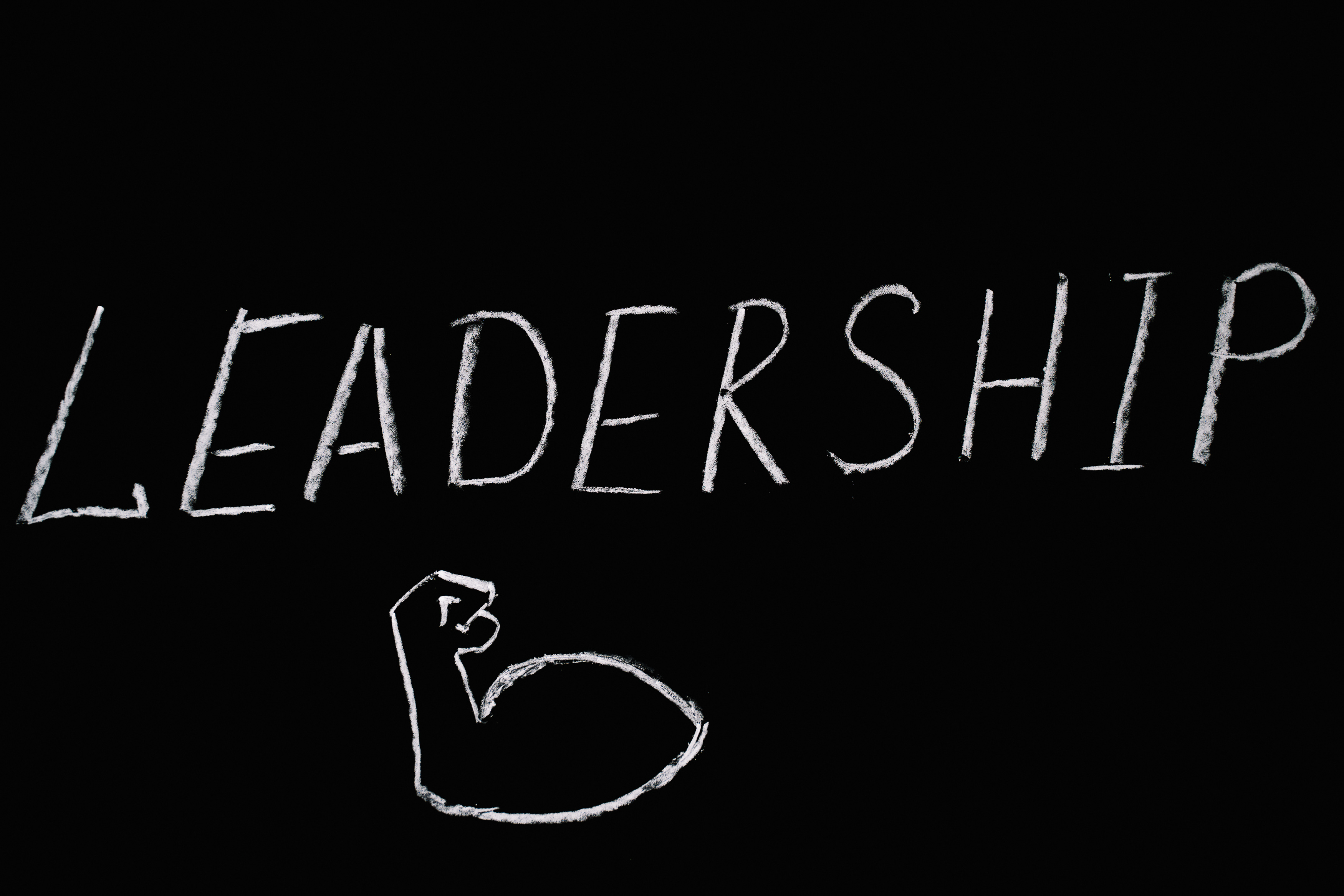Do you want to learn how to leverage social media and local government communications better? If so, this article is for you. A recent study revealed that one in five Americans now use social media for their personal and professional lives. The use of social media by government agencies has only increased in the past few years, with many states and localities beginning to create official accounts on various social media platforms. By using these channels effectively, you not only promote your message directly to your target audience but also receive far more feedback than if you simply posted a public notice or an announcement in the newspapers. This article will explore some of the best practices for harnessing the power of social media and local government communications. It will also provide tips on how to stay organized while creating a presence online as well as offline.
Know your audience and objectives before you start
Before embarking on any social media campaign, it is essential to understand who your target audience is and what you hope to achieve.

You must define your goals before crafting a message or developing a strategy. Knowing who you want to reach will determine what platforms you use, how you communicate, and what content you create.
You should start by conducting research to understand your audience's needs and preferences, their demographics, and what they care about. You can do this by analyzing social media metrics such as engagement rates, follower demographics, and sentiment analysis. Once you have a clear understanding of who your target audience is, you can craft a message that resonates with them.
When defining your objectives, consider what you hope to achieve with your social media campaign. Are you trying to raise awareness of a particular issue, promote a service, or drive traffic to a website? Once you have a clear understanding of your objectives, you can create a strategy that aligns with your goals.

Be realistic about how you’ll use social media
It's essential to be realistic about how you'll use social media. Social media platforms require a significant time investment to create, monitor, and update content continually. Therefore, it's essential to choose the platforms that are the most effective for your target audience and your objectives.
When choosing social media platforms, consider the following:
1. The demographics of your target audience
2. The type of content you will be sharing
3. The time and resources you have available to manage the platform
It's important to remember that social media platforms are not a one-size-fits-all solution. You may need to tailor your approach to each platform while maintaining a consistent brand voice and messaging across all platforms.
Use effective communication strategies
Effective communication strategies are critical to the success of any social media campaign.

Your communication strategy should reflect your goals and objectives while also being tailored to your target audience. Here are some tips for creating an effective communication strategy:
1. Use a clear and concise message that resonates with your target audience
2. Use visuals to help convey your message
3. Use language that is easy to understand and free of jargon and acronyms
4. Use storytelling to create an emotional connection with your audience
5. Use humor to lighten the tone of your message, if appropriate
6. Use calls to action to encourage engagement and participation
Using a variety of communication strategies will help engage your audience, keep them interested, and increase the chances of achieving your objectives.
Have a plan for how you’ll email, text and post
Having a plan for how you'll email, text, and post is essential to ensure that you are organized and consistent in your communication efforts.

Here are some tips for creating a communication plan:
1. Create a content calendar that outlines what you will post, when you will post, and on which platforms
2. Use automation tools to schedule posts in advance
3. Develop a style guide that outlines your brand voice, messaging, and visual identity
4. Use analytics to track the performance of your posts and adjust your strategy accordingly
5. Use email and text messaging to supplement your social media efforts and communicate directly with your audience
Having a plan in place will help ensure that you stay on track and are consistent in your communication efforts.
Pull in external experts to help out with strategy
Finally, it's essential to consider pulling in external experts to help with your social media and communication strategy.

Working with experts can provide you with a fresh perspective, access to the latest trends and best practices, and additional resources to execute your strategy.
Here are some types of external experts you might consider working with:
1. Social media consultants
2. Content writers and copywriters
3. Graphic designers and video producers
4. Public relations and marketing agencies
Working with experts can help you elevate your social media and communications efforts and ensure that you achieve your goals.
Conclusion
Social media and local government communications are powerful tools for reaching your target audience and achieving your objectives. By following best practices and creating a solid strategy, you can harness the power of these tools and achieve success. Remember to know your audience and objectives before you start, be realistic about how you'll use social media, use effective communication strategies, have a plan for how you'll email, text, and post, and consider pulling in external experts to help with your strategy.
With these tips in mind, you can create a successful social media and communications campaign that resonates with your target audience and drives results.
 Add Row
Add Row  Add
Add 




Write A Comment